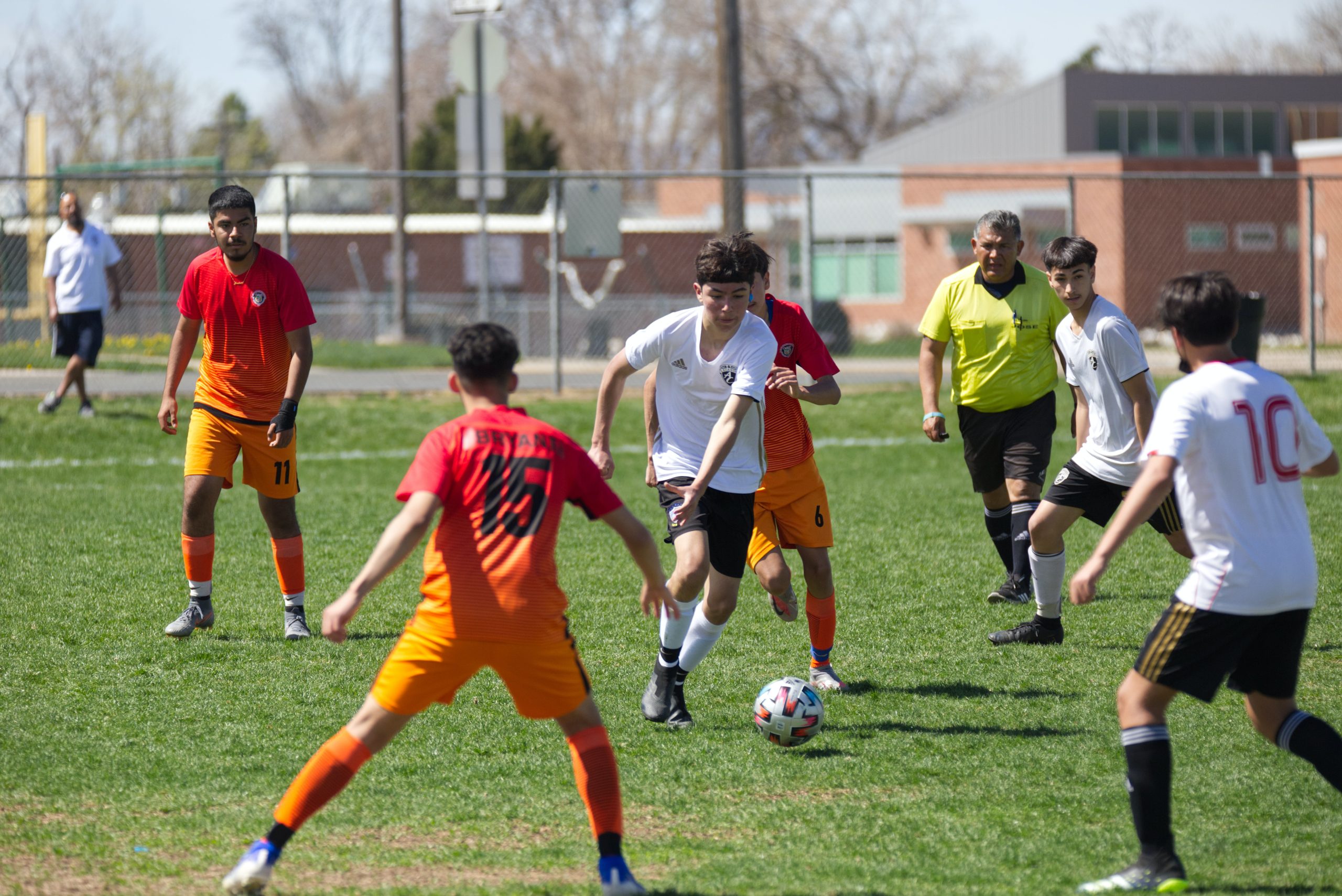
Lauren Dempsey, MS in Biomedicine and Law, RN, FISM News
[elfsight_social_share_buttons id=”1″]
Participation in team sports has many benefits, one of which is better mental health in children and adolescents. In a study that was published earlier this month, researchers evaluated over 11,000 children from the United States in an effort to identify correlations between organized sports and mental health difficulties.
Children in the study were aged 9 to 13 years old and parents provided self-reports of their child’s mental health difficulties by filling out a form known as the Child Behavior Checklist. Parents provided information on a range of different activities such as sports, music and hobbies, and were asked to provide information on their child(ren)’s involvement. For each activity identified, parents were asked if the organized sport was through their school, outside of school, or both.
The World Health Organization (WHO) has acknowledged that poor mental health is a predictor of disability and economic burden and, in the United States, children are facing a mental health crisis, with the U.S. Surgeon General Dr. Vivek Murthy saying ”The future well-being of our country depends on how we support and invest in the next generation.”
Previous research suggests that organized youth sports may help prevent mental health difficulties in adolescents. In this study, researchers compared the results of children that played team sports, individual sports, and children that did not participate in sports to evaluate the impact that playing sports had on overall mental health.
The data collected in the study was prior to the COVID-19 pandemic and the lead author of the study, Dr. Matt Hoffmann, a professor in the Department of Kinesiology at California State University in Fullerton, explains why getting back to normal activities is so important for youth. Dr. Hoffmann said, “We know that regular participation in youth sports declined over the pandemic. This was due to shutdowns in organized sport leagues and also within school sports. At the same time, research has shown that children and adolescents suffered from a mental health standpoint during the pandemic, due to factors like isolation.”
The results from the study showed that children who were involved in team sports had better outcomes overall. When compared to children that did not play in any team sports, this group was associated with 10% lower scores for anxiety and depression, 19% lower scores for feeling withdrawn, 17% lower scores for social issues and thought problems, and 12% lower scores for attention problems.
When these scores were measured next to participation in individual sports and compared to those that did not play sports, the results showed that children who played individual sports like tennis, golf, or wrestling faced greater mental health difficulties. Playing individual sports were associated with 16% higher scores for anxiety and depression, 14% higher scores for being withdrawn, 12% higher social problems scores, and 14% higher attention problems scores.
The study also found that females who played team and individual sports were overall less likely to be involved in rule-breaking behavior than those that did not participate in sports. The researchers also considered other factors that contribute to mental health such as age, sex, race/ethnicity, family household income, and the number of hours involved in sports activities.
Hoffmann stressed the importance of parents being aware of signs and symptoms of mental health difficulties or struggles in children saying “While feelings of sadness after a poor performance and some anxiety here and there is a normal part of youth sport, regular signs of possible mental health problems can be cause for concern,” adding that “Enhancing awareness and mental health literacy among all involved in youth sport, including kids themselves, is a good starting point.”
